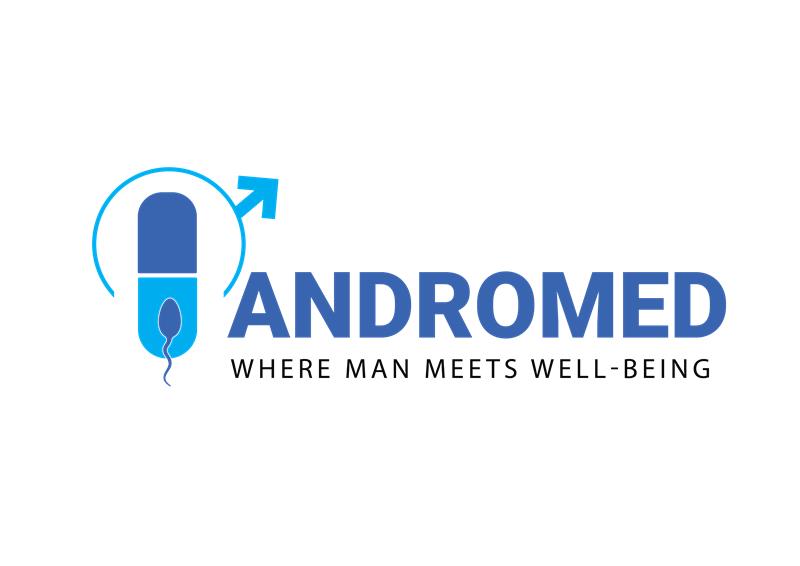BLOG
.png)
Jan 19,2024
The Link Between Lifestyle and Erectile Dysfunction: Tips for a Healthier You
In a world where hectic schedules, stress, and unhealthy habits have become the norm, it is vital to recognize the impact of lifestyle choices on our overall health. One often overlooked factor is the link between our way of life and erectile dysfunction (ED). It is important to note that ED is not solely a consequence of aging; rather, it can be significantly influenced by our lifestyle. In this blog post, we will delve into the various aspects of lifestyle that can contribute to ED and provide practical tips for achieving a healthier and more fulfilling life.
Understanding Erectile Dysfunction
To better understand the connection between lifestyle and erectile dysfunction (ED), let's first grasp the fundamentals of this condition. ED refers to the inability to achieve or sustain an erection suitable for sexual intercourse. While physiological factors such as blood flow and hormone levels contribute to this issue, our lifestyle choices can either worsen or alleviate these concerns.
The Impact of Poor Diet on Erectile Function
A well-balanced diet is the foundation of good health, and it also plays a significant role in sexual well-being. Diets that are high in saturated fats and processed sugars, while lacking essential nutrients, can contribute to obesity, diabetes, and cardiovascular issues. These health concerns are closely associated with erectile dysfunction (ED). On the other hand, choosing a diet that is rich in fruits, vegetables, whole grains, and lean proteins can have a positive impact on vascular health. This, in turn, promotes better blood flow, which is a crucial factor in maintaining erectile function.
The Role of Physical Activity
Regular exercise is not only essential for maintaining a healthy weight, but it also plays a vital role in preventing erectile dysfunction. Engaging in physical activity improves blood circulation, regulates hormone levels, and promotes cardiovascular health. By incorporating aerobic exercises such as walking, jogging, or cycling into your routine, you can significantly decrease the risk of developing ED.
The Dangers of Smoking and Excessive Alcohol Consumption
Smoking and excessive alcohol consumption are well-known factors contributing to erectile dysfunction. Smoking harms blood vessels and restricts blood flow, while excessive alcohol intake can cause nerve damage and hormonal imbalances. To preserve erectile function and enhance overall well-being, it is crucial to quit smoking and moderate alcohol consumption. These steps are essential for maintaining optimal health and vitality.
Stress Management Techniques
In our fast-paced modern lives, chronic stress has emerged as a prevalent issue, with profound implications for sexual health. The impact of stress on our delicate hormonal balance should not be underestimated, particularly when it comes to maintaining a healthy sex life. Excessive stress triggers the release of cortisol, a hormone that can disrupt the equilibrium of other essential hormones. By incorporating stress management techniques such as meditation, yoga, or deep-breathing exercises, we can foster hormonal equilibrium and reduce the risk of experiencing erectile dysfunction.
Quality Sleep for Sexual Vitality
Quality sleep plays a crucial role in maintaining overall health, including sexual function. Sleep deprivation can disrupt hormone levels, lower libido, and impact sexual performance. To achieve restful and rejuvenating sleep, it is important to establish a consistent sleep routine, create a comfortable sleep environment, and address any sleep disorders that may arise. Prioritizing these steps will ensure the benefits of a well-rested body and mind.
Hormonal Health and Testosterone Levels
Hormones play a crucial role in sexual function, and any disruption in hormonal balance can contribute to erectile dysfunction. Testosterone, specifically, is vital for male sexual health. Factors such as age, obesity, and certain medical conditions can cause a decline in testosterone levels. Seeking medical advice, maintaining a healthy weight, and incorporating testosterone-boosting foods into your diet can help support hormonal health and reduce the risk of experiencing erectile dysfunction.
Regular Health Check-ups
Taking preventive measures is often the wisest approach, and regular health check-ups are vital for detecting and addressing potential health concerns before they worsen. Conditions like diabetes, hypertension, and cardiovascular diseases are closely associated with erectile dysfunction. By undergoing routine check-ups, screenings, and early intervention, these conditions can be managed effectively, ensuring the preservation of sexual health.
Communication in Relationships
In addition to physical health, the dynamics of relationships have a profound influence on sexual well-being. Cultivating open and honest communication with your partner regarding sexual concerns, desires, and expectations creates a nurturing environment. If erectile dysfunction arises, seeking professional assistance like couples' therapy can be instrumental in addressing emotional or relational issues that may contribute to it.
Conclusion
Achieving and maintaining sexual health requires a comprehensive approach that encompasses various aspects of lifestyle. From dietary choices and physical activity to stress management and effective communication within relationships, every facet plays a vital role in the intricate web of factors that influence erectile function. By making informed and proactive lifestyle choices, individuals can reduce the risk of experiencing erectile dysfunction, leading to a healthier and more fulfilling life. Remember, it's never too late to embrace positive changes that contribute to your overall well-being.
Copyright © . Karthikeyan V S. All Rights Reserved.
Powered By: Cortex Media Marketing Pvt Ltd


